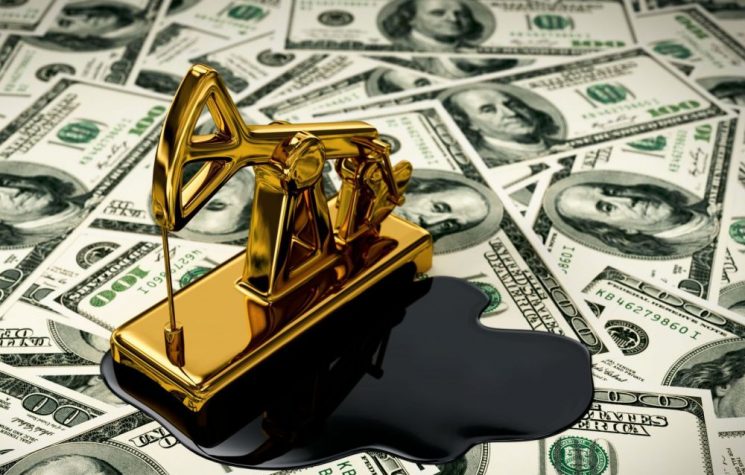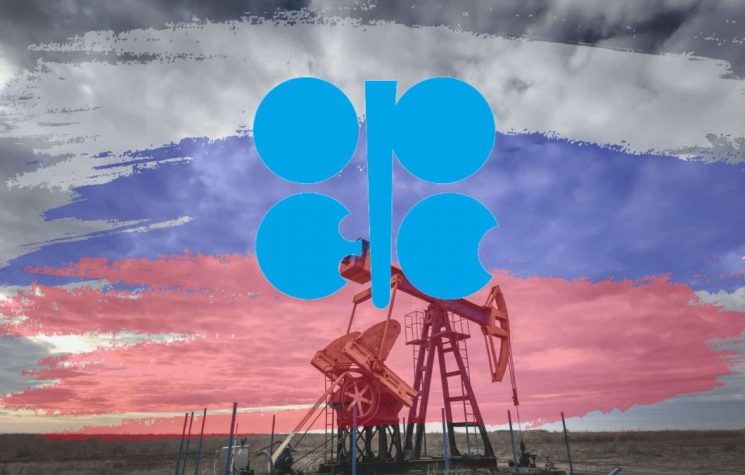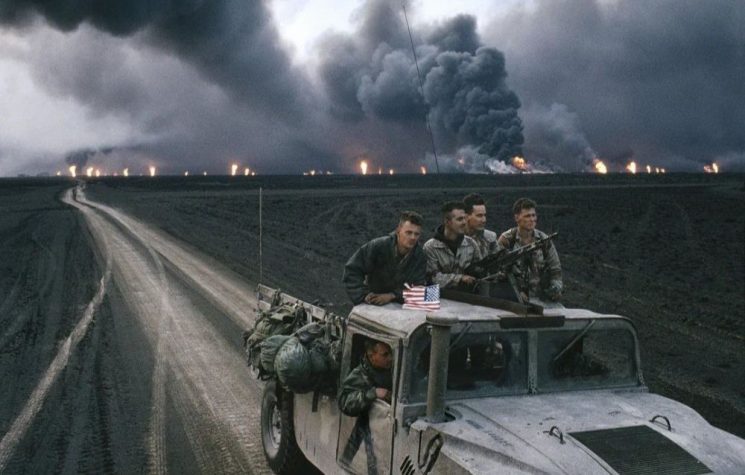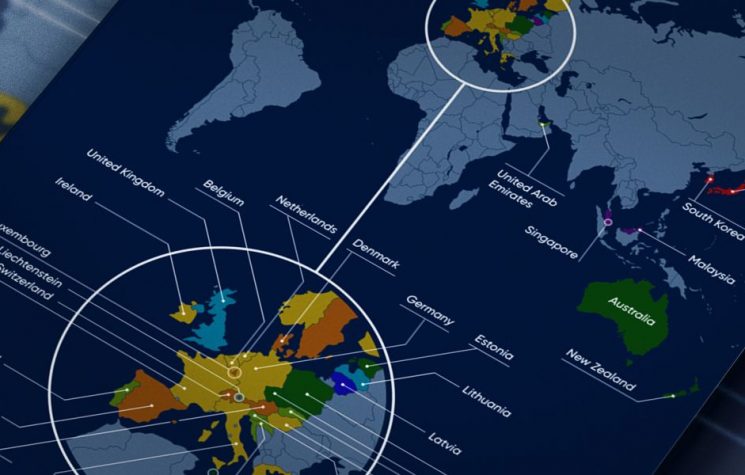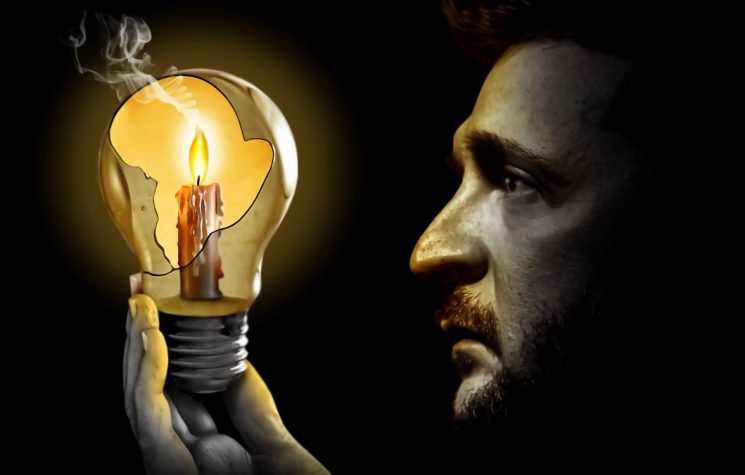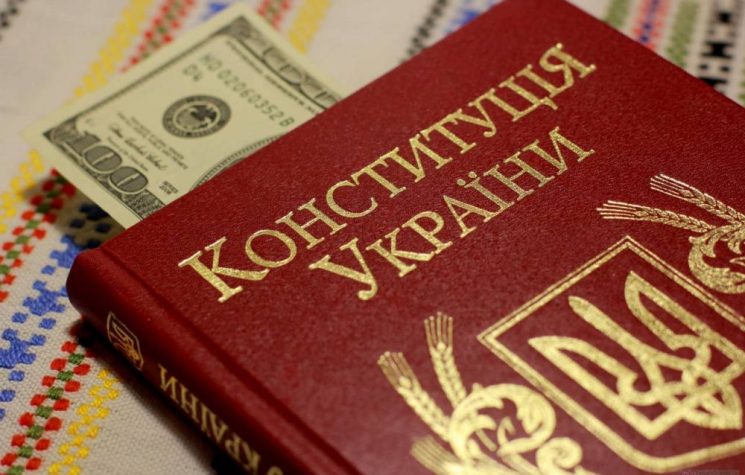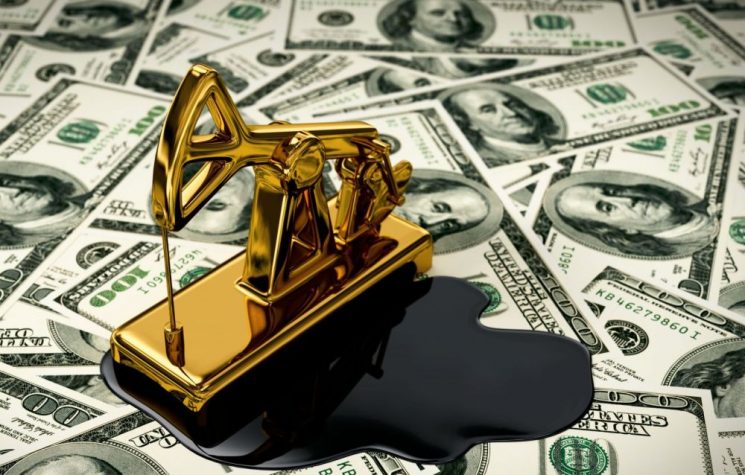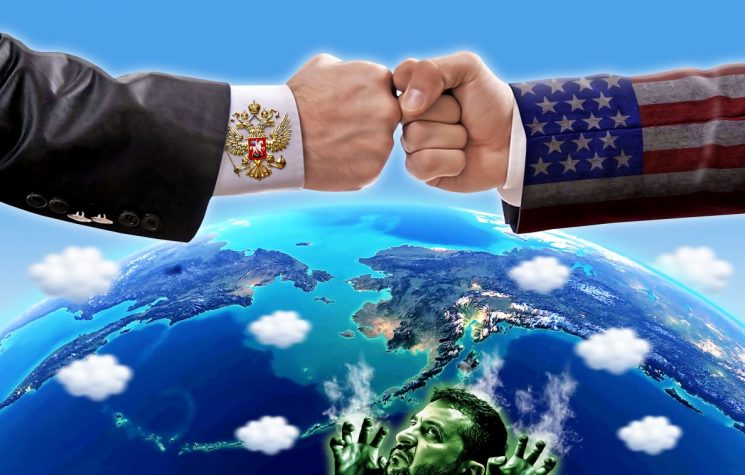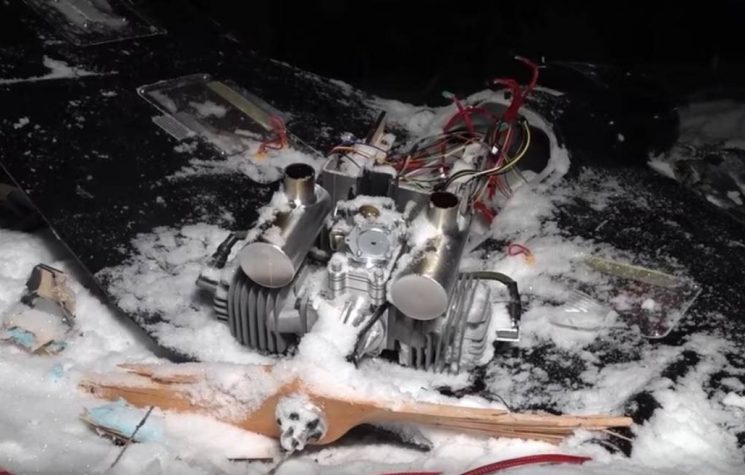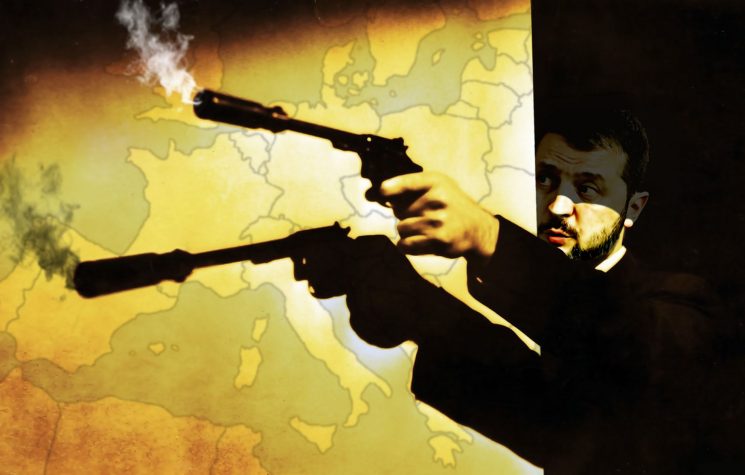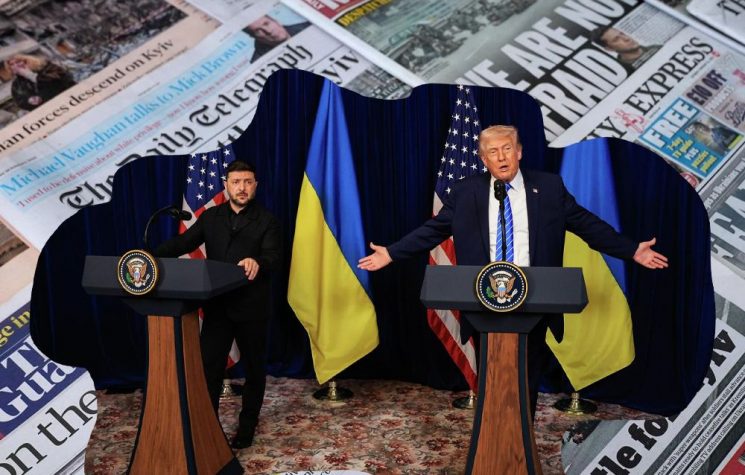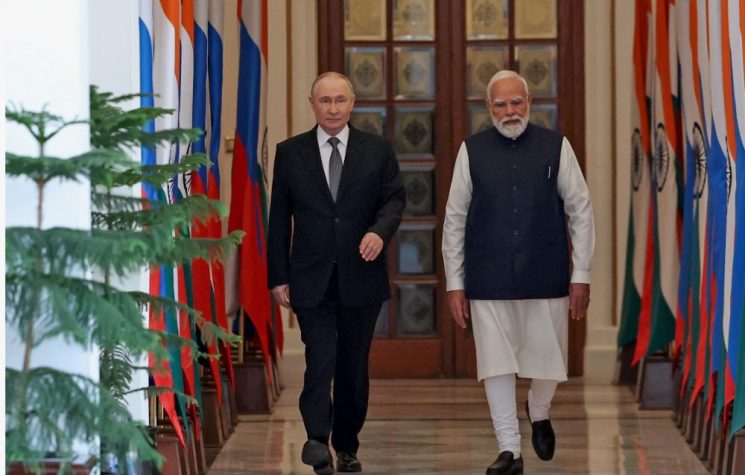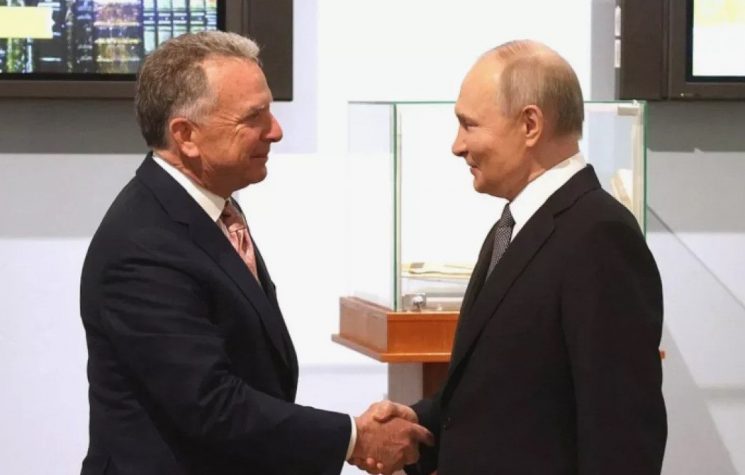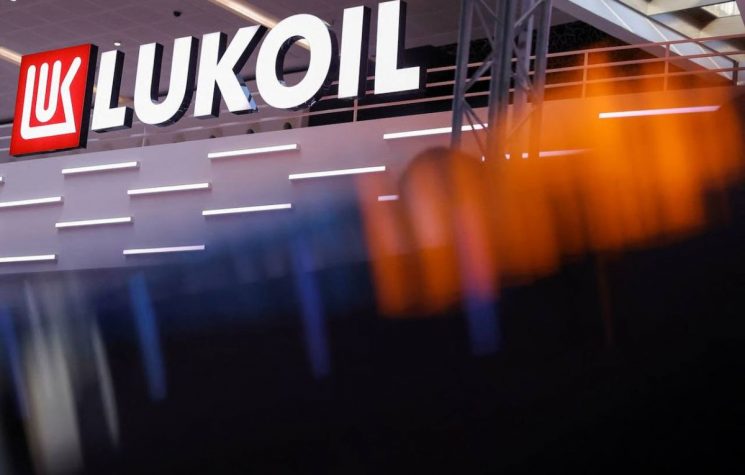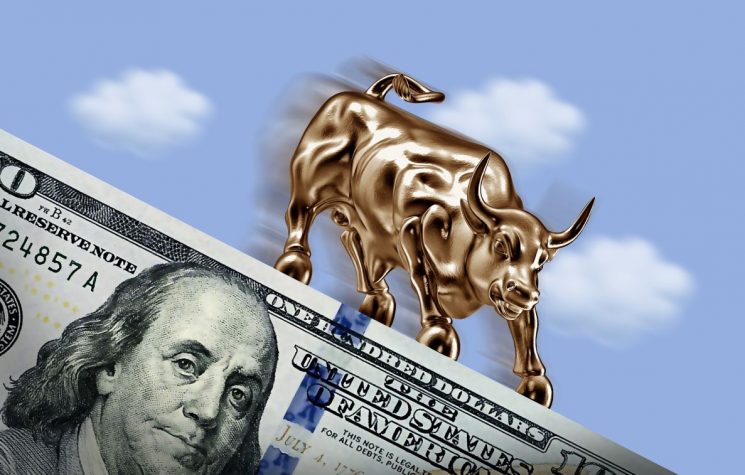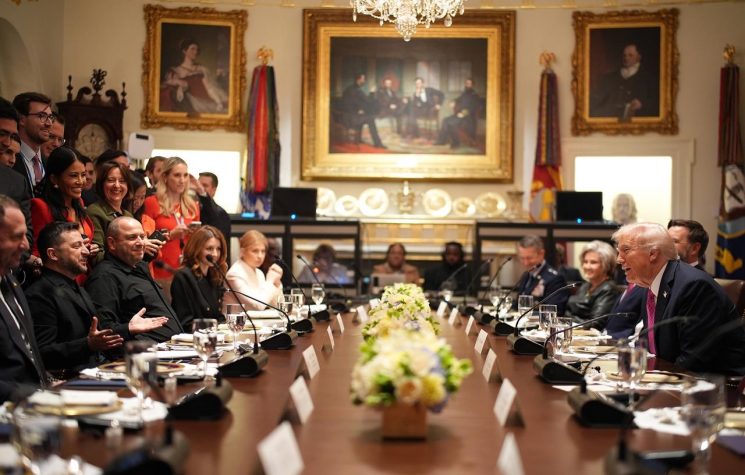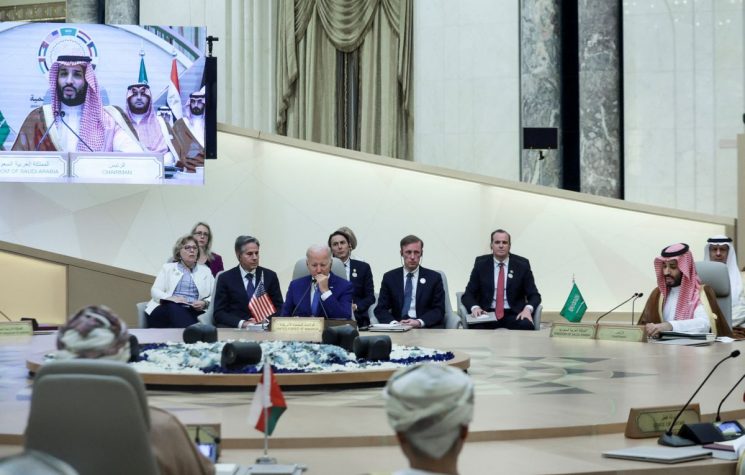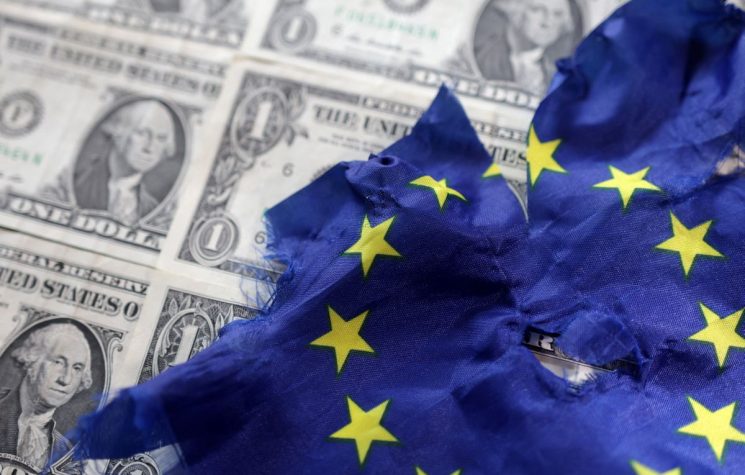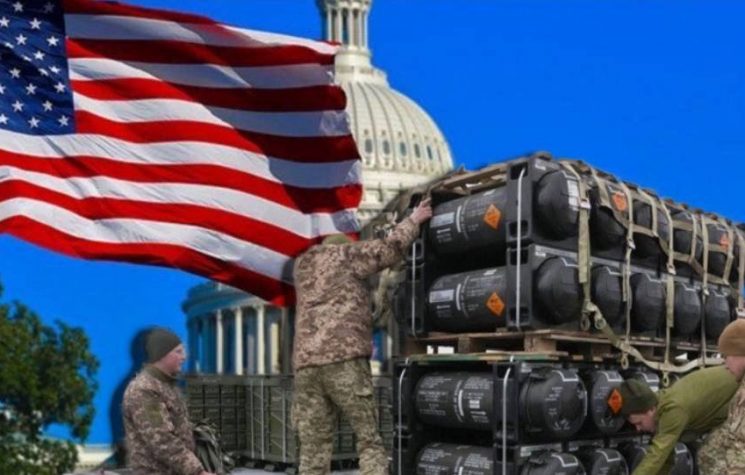I am an avid board game player. I’m not much for the classics like chess or go, preferring the more modern ones. But, regardless, as a person who appreciates the delicate balance between strategy and tactics, I have to say I am impressed with Russian President Vladimir Putin’s sense of timing.
Because if there was ever a moment where Putin and Russia could inflict maximum pain on the United States via its Achilles’ heel, the financial markets and its unquenchable thirst for debt, it was this month just as the coronavirus was reaching its shores.
Like I said, I’m a huge game player and I especially love games where there is a delicate balance between player power that has to be maintained while it’s not one’s turn. Attacks have to be thwarted just enough to stop the person from advancing but not so much that they can’t help you defend on the next player’s turn.
All of that in the service of keeping the game alive until you find the perfect moment to punch through and achieve victory. Having watched Putin play this game for the past eight years, I firmly believe there is no one in a position of power today who has a firmer grasp of this than him.
And I do believe this move to break OPEC+ and then watch Mohammed bin Salman break OPEC was Putin’s big judo-style reversal move. And by doing so in less than a week he has completely shut down the U.S. financial system.
On Friday March 6th, Russia told OPEC no. By Wednesday the 11th The Federal Reserve had already doubled its daily interventions into the repo markets to keep bank liquidity high.
By noon on the 12th the Fed announced $1.5 trillion in new repo facilities including three-month repo contracts. At one point during trading that day the entire U.S. Treasury market went bidless. There was no one out there making an offer for the most liquid, sought-after financial assets in the world.
Why? Prices were so high, no one wanted them.
Not only did we get a massive expansion of the repo interventions by the Fed, but it was for longer duration. This is a clear sign that the problem is nearly without an end. Repos longer than three days are in this context a rarity.
The Fed needing to add $1 trillion in three-month repos clearly means they understand that they are looking out to the end of the quarter as the next problem and beyond that.
It means, in short, the world financial markets have completely seized up.
And worse than that…. It didn’t work.
Stocks continued to slide, gold and other safe-haven assets were hit hard by a reversal of capital outflows from the U.S. In the first part of the aftermath of Putin’s decision the dollar got whacked as European and Japanese investors who had piled into U.S. stocks as a safe-haven sold those positions and brought the capital home.
That lasted a few days before Christine Lagarde put on her dog and pony show at the European Central Bank and told everyone she didn’t have any answers other than to expand asset purchases and continue doing what has failed in the past.
This touched off the next phase of the crisis, where the dollar begins to strengthen. And that is where we are now.
And Putin understands that a world awash in debt is one that cannot withstand the currency needed to repay that debt rising sharply.
That puts further pressure on his geopolitical rivals and forces them to focus on their domestic concerns rather than the ones overseas.
For years Putin has been begging the West to stop its insane belligerence in the Middle East and across Asia. He’s argued eloquently at the U.N. and in interviews that the unipolar moment is over and that the U.S. can only maintain its status as the world’s only super power for so long. Eventually the debt would undermine its strength and at the right moment would be revealed to be far weaker than it projected.
This doesn’t sit well with President Trump who believes in America’s exceptionalism. And will fight for his version of “America First’ to the last using every weapon at his disposal. The problem with this ‘never back down’ attitude is that it makes him very predictable.
Trump’s use of sanctions on Europe to stop the Nord Stream 2 pipeline was stupid and short-sighted. It ensured that Russia would be merciless in its response and only delay the project for a few months.
Trump was easy to counter here. Sign a deal with Ukraine, desperate for the money, and redirect the pipe-laying vessel back to the Baltic to finish the pipeline.
And with natural gas prices in Europe already in the gutter from oversupply and a mild winter, there isn’t much time or money lost in the end. Better to take the world oil price down well below U.S. production costs which ensure that Trump’s prized LNG stays off the European market as the myth of U.S. energy self-sufficiency vanishes in a puff of financial derivative smoke.
Now Trump is facing a market meltdown well beyond his capacity to fathom or respond to. While Russia is in the unique position to drive costs down for so many of the people while riding out the shock to the global system with its savings.
Because money flows to where the best returns on it come, high oil and gas prices stifle development of other industries. Lowering the oil price not only deflates all of the U.S.’s inflated financial weapons it also deflates some of the power of the petroleum industry domestically. This gives Putin the opportunity to continue remaking the Russian economy along less focused lines. Cheap oil and gas means lower return on investment in energy projects which, in turn, opens up available capital to be deployed in other areas of the economy.
Putin just told the world he’s not riding his country’s oil and gas resources like a cash cow but rather as an important part of a different economic strategy for Russia’s development.
It’s like watching someone playing the first half of a game implying one strategy and making a critical shift to a different one halfway through, taking advantage of their opponents’ carelessness.
It rarely works, but when it does the results can be spectacular. Game, Set, Match, Putin.















